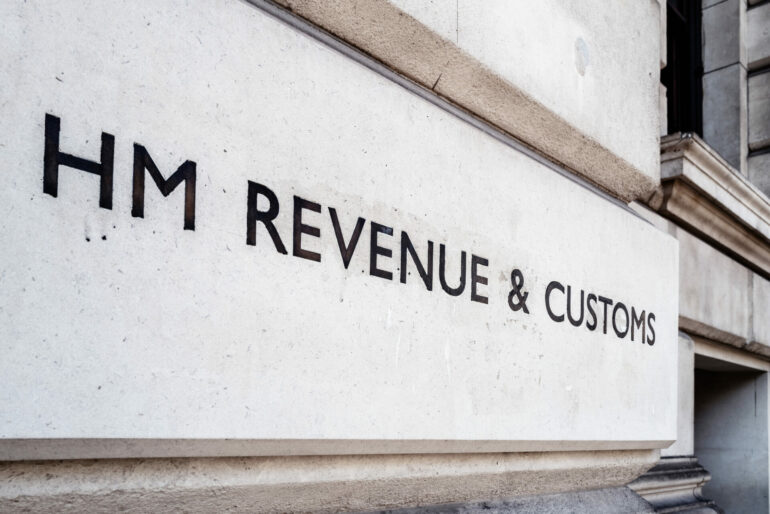The recent reduction in Capital Gains Tax (CGT) allowance from £12,300 to £6,000, which is set to decrease further to £3,000 in 2024, is causing concern among landlords and investors, according to a recent survey.
For the first time in 15 years, property owners are paying more in CGT than in stamp duty, according to Finbri, a specialist property finance broker.
Increased rates and costs have pushed landlords to leave the market. As a result, CGT on the sale of second homes in the UK cost investors £18bn last year, £3bn more than what was paid in stamp duty.
The UK applies a higher rate of CGT to property investments, and the recent changes could significantly affect landlords and investors looking to change their portfolio. CGT applies to any profit made on the value of the property since it was purchased.
The CGT allowance reduction might negatively impact the property market, potentially leading to fewer transactions and lower prices. Landlords and investors might opt for a more conservative investment approach or avoid the property market altogether due to rising rates.
In a survey conducted by Finbri of over 1,000 UK landlords, 44% indicated they would sell investment properties following the interest rate rise to 4.5%. Additionally, 45% expressed concern (23% Concerned, 22% Strongly concerned) about the CGT allowance reduction.
“The recent introduction of the new CGT rate, the previous restriction on mortgage interest relief, and increased stamp duty rates will majorly impact the profitability of landlords and investors when they sell their properties,” Finbri said.
Rising rates are causing significant strain on landlords, potentially pushing more of them to exit the market. This trend might adversely affect the private rental market, which provides essential housing to individuals unable to purchase properties.
The increased pressure on landlords is causing a decrease in investment in the Private Rental Sector (PRS). This development might impact housing affordability and availability negatively. With landlords already burdened by rising utility and insurance fees, these additional costs might be passed on to tenants, possibly leading to a further increase in rents.
Despite concerns about CGT, the survey revealed some optimism among landlords, with 44.66% considering the current period a good time to invest in the property market, and 45.15% planning to invest in 2023.



